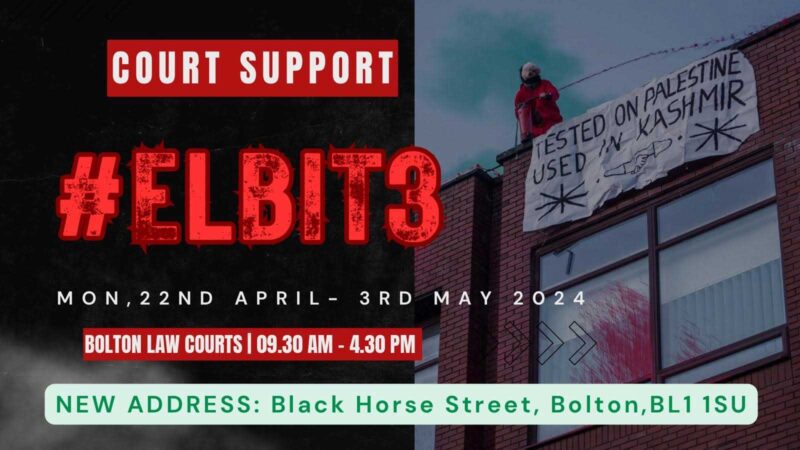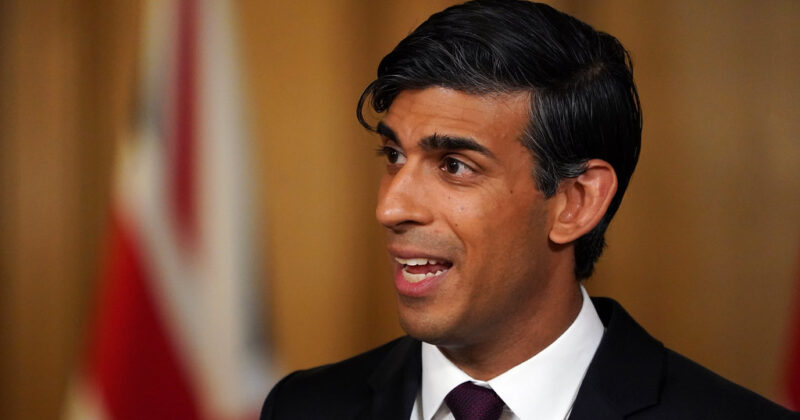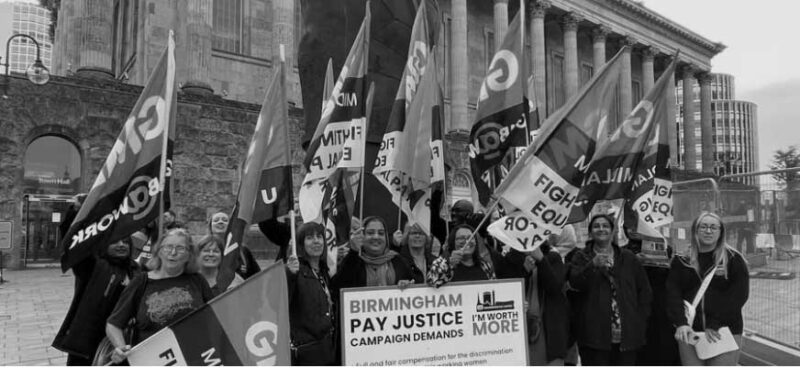Mass strikes in Egypt can reignite the revolution
 Massive strikes by workers have broken out across Egypt, reports Marcus Halaby. This opens up a new phase of the revolution as Egypt heads towards its first post-Mubarak elections in November.
Massive strikes by workers have broken out across Egypt, reports Marcus Halaby. This opens up a new phase of the revolution as Egypt heads towards its first post-Mubarak elections in November.
Eight months after the fall of Hosni Mubarak, Egypt’s newly independent trade unions are now embarking on their first major challenge to the military government that replaced him.
Having its origins in four small unions that organised illegally before the revolution, the Egyptian Federation of Independent Trade Unions is demanding a minimum wage of 1,500 Egyptian pounds a month (£165), and more than three times the barely enforced Mubarak-era lower limit that is still on the statute book.
The core of the movement consists of 22,000 textile workers at the huge Misr Spinning and Weaving Company in the industrial city of Mahalla. They are also demanding a tripling of bonuses, and state intervention to increase investment and the supply of raw materials.
Nationally hundreds of thousands of workers have joined the Federation’s strike call, while as many again are in separate disputes, in defiance of anti-union laws passed by the new government in its first few days in power. These include teachers demanding higher bonuses and permanent contracts, as well as postal workers, train drivers, hospital and airport staff.
Bus drivers and ticket inspectors in Cairo have threatened to extend their action, with 20 out of 24 bus depots already shut down by strikers. A teachers’ strike has closed 90 per cent of the schools in Suez and drawn in 600,000 nationally, forcing education minister Ahmad Gamal el-Din to promise concessions over promotions and permanent contracts.
Workers have struck at the Upper Egyptian Sugar Refineries, raising alongside economic demands political slogans around the management’s relationship with Israel and the United States, while teaching staff at the American University of Cairo (AUC) have also struck, supported by their students with sit-ins and occupations.
Other demands have included the sacking of corrupt or incompetent managers, the payment of delayed wages, the resignation of the minister of civil aviation Lotfi Mustafa Kamal and the reopening under workers’ management of recently closed enterprises. The most notable demand has been for a maximum wage of 15 times the minimum wage, essential to prevent corrupt managers from siphoning off revenues from large enterprises and state institutions.
The strike movement has also intersected with the revival of mass street protests against continued military rule, echoing their demands for the abolition of military tribunals for civilians, the trial of corrupt officials and the punishment of those responsible for the deaths of the 850 people killed during the eighteen day uprising against Hosni Mubarak.
Elections
All of this comes just weeks before parliamentary elections, already postponed by the Supreme Council of the Armed Forces (SCAF) headed by Mubarak crony Field Marshal Mohammed Tantawi but now scheduled to begin in November. These will now be held in several stages ending in March 2012, a favoured tactic of the old regime that enabled it to manipulate the results when required.
The elections are in any case expected to produce a good result for the military junta’s Islamist allies in the Muslim Brotherhood and the ultra-puritan Salafist movement. Much of the middle class is weary of the revolutionary upheaval, while many of the rural poor have yet to see any economic gains from a revolution made by the urban working class, making the Brotherhood their logical choice.
Their showing will doubtless be increased by the military regime’s rigging of the legal framework for the elections, ratified in March by means of a rushed constitutional referendum. A subsequent electoral law, passed in July, ensures that half of the seats will be elected by first-past-the-post rather than proportional representation. This again favours the Brotherhood and the successor parties of Mubarak’s dissolved National Democratic Party, and disadvantages the workers’ movement and the left, only beginning to organise after decades of repression.
The SCAF has already demanded civilian Prime Minister Essam Sharaf crack down on striking workers, and paramilitary police have subjected demonstrators in Suez to brutal attacks and beatings. It is plain that Tantawi and his junta represent the high command of the counter-revolution. Protesters in Tahrir Square who chanted, “Tantawi is Mubarak” are right. He has refused to appear as a witness at the trial of Mubarak and former interior minister Habib el-Adly. He should indeed appear – in the dock alongside his partners in crime.
This growing convergence of economic and political demands – of a mass strike movement combining with a mass movement on the streets – could pose the question of political power afresh, and ensure that the revolution is not derailed by a show of “elections” that will allow Egypt’s ruling capitalist class to re-establish stability behind the façade of a militarised “democracy”.
The most revolutionary sections of the youth and the trade unions should create a movement demanding elections be held, not for the old parliament and under an old constitution that bans parties which “foment class hatred”, but for a sovereign constituent assembly to draft and debate a new constitution. It must debate how a new dictatorship can be prevented, grant full democratic rights to soldiers, and determine what Egypt’s relations with the US, Israel and the Palestinians should be.
The military junta, the US and the Israelis hate like sin the idea that the masses should express their views on these issues at all, let alone even more fundamental questions like what should be the social foundation of the economy in industry commerce and agriculture that can really lead to equality and freedom from exploitation.
It is clear that neither the SCAF, nor the Muslim Brothers, nor the various liberals on offer, including Mohamed ElBaradei, can be trusted to fulfill the democratic aspirations of the youth or the need for social justice from the workers, the peasants and the urban poor.
Strategy
What can be done, then, at this crossroad of the revolution? Firstly, it is vital that committees or councils of delegates are formed from all the sections on strike to run what can rapidly become a general strike against the military regime. Representatives of the revolutionary youth, the rural population and the shanty-towns should be drawn in too.
Secondly, the mass movement of millions is the only force that can outweigh and contain the Islamists drive for power. But it must be democratically run and given political leadership if it is to compete with the Islamists for leadership of the masses. A national strike committee should be formed to formulate the movements’ demands.
If the strike movement can coalesce with the movement on the streets, and bring the organised working class to the head of the democratic struggle, then this time the people’s victory will not be stolen from them.
Thirdly, these revolutionary tactics pose the question of power for the workers and peasants – of a government based on their organisations, one that can finally rule in their interests. If this is achieved, then the revolution of 2011 can be completed as a socialist revolution that can set the whole Middle East – and beyond – aflame with liberation.






